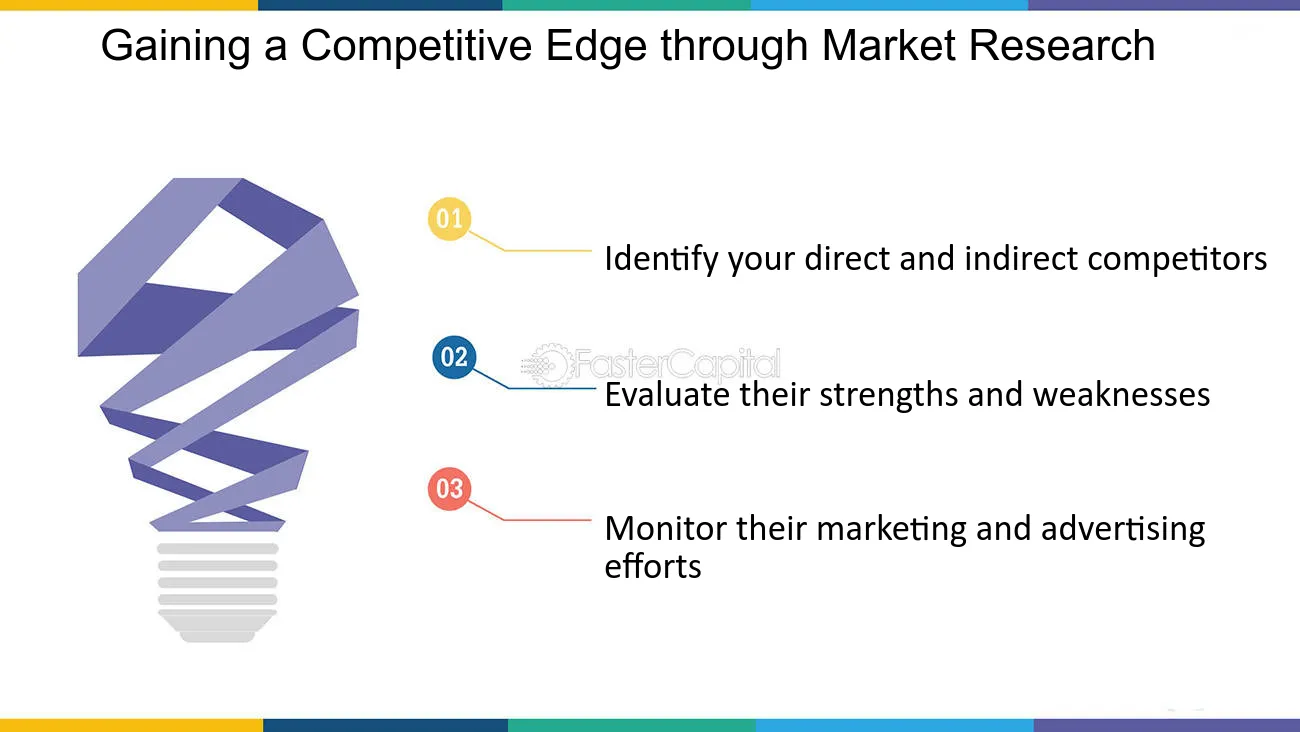Market research stands as the cornerstone of informed decision-making for businesses navigating the complex terrain of consumer preferences, industry trends, and competitive landscapes. It serves as a compass, guiding organizations through the dynamic currents of the market, offering a deep understanding of their target audience, and unveiling opportunities for growth. This comprehensive process involves the systematic gathering, analysis, and interpretation of data to unearth invaluable insights that shape strategic initiatives.
Understanding Consumer Behavior and Preferences
At the heart of market research lies the quest to comprehend the intricate web of consumer behavior. Businesses delve into the motivations, needs, and desires that steer purchasing decisions, unraveling the psychological underpinnings of why individuals choose one product or service over another. Through surveys, interviews, and observation, market researchers decipher the intricate patterns that influence consumer choices, allowing businesses to tailor their offerings with precision.
Consumer preferences are dynamic, subject to evolving trends, societal shifts, and technological advancements. Market research acts as a vigilant sentinel, capturing the pulse of these changes, and empowering businesses to adapt their strategies in real-time. Whether it’s the rise of eco-conscious consumerism, the impact of digital transformation, or the influence of cultural shifts, market research provides a panoramic view of the factors shaping the marketplace.
Uncovering Industry Trends and Competitive Landscapes
In the ever-evolving business landscape, staying ahead of industry trends is synonymous with maintaining relevance and seizing opportunities. Market research dives deep into the currents of the industry, examining emerging trends, technological innovations, and disruptive forces that have the potential to reshape the competitive landscape. By anticipating shifts in consumer demands or identifying gaps in the market, businesses can position themselves strategically to capitalize on trends and outpace competitors.
Competitive analysis is a vital component of market research, offering businesses a panoramic view of their rivals' strengths, weaknesses, and strategies. This insight arms organizations with the knowledge needed to differentiate themselves, identify areas for improvement, and craft compelling value propositions that resonate with their target audience. A nuanced understanding of the competitive terrain enables businesses not only to survive but to thrive in the midst of industry dynamics.
Validating Business Ideas and Mitigating Risks
Before embarking on new ventures or product launches, businesses often turn to market research as a compass to navigate potential risks and validate their ideas. Through feasibility studies, concept testing, and pilot programs, organizations gauge market receptivity, identify potential challenges, and fine-tune their strategies before committing significant resources. This proactive approach minimizes the inherent risks associated with innovation, ensuring that businesses enter the market with a well-informed and calculated game plan.
Market research also plays a pivotal role in risk mitigation by unveiling potential stumbling blocks and red flags that may not be immediately apparent. Whether it’s a shifting regulatory landscape, changing consumer sentiments, or unforeseen challenges, businesses armed with robust market research are better equipped to anticipate and navigate obstacles, fostering resilience and adaptability.
Informing Strategic Decision-Making
In the boardrooms where strategic decisions are forged, market research sits at the table as a trusted advisor. The insights garnered from meticulous research become the bedrock upon which decisions regarding product development, marketing strategies, and market entry are built. From pricing strategies that reflect perceived value to communication campaigns that resonate with target audiences, every facet of strategic decision-making is enriched by the depth and breadth of market research.
Strategic decision-making is not a static process but an ongoing dialogue with the market. As consumer preferences evolve and industry landscapes shift, businesses must adapt their strategies to remain agile and responsive. Market research provides the necessary feedback loop, offering continuous insights that empower organizations to refine their approaches, innovate proactively, and stay aligned with the dynamic pulse of the market.
Embracing Technological Advancements in Market Research
The landscape of market research itself is undergoing a transformation, fueled by the rapid advancements in technology. Traditional methods, while still valuable, are being complemented by innovative approaches that harness the power of big data, artificial intelligence, and predictive analytics. Automated surveys, sentiment analysis, and social media listening tools have become integral components of the market research toolkit, enabling organizations to extract real-time insights from the vast sea of digital data.
Technology not only enhances the efficiency of data collection and analysis but also opens new frontiers for understanding consumer behavior. Machine learning algorithms can sift through immense datasets to identify nuanced patterns and correlations, providing a level of granularity that was previously unattainable. The synergy between human expertise and technological capabilities elevates market research from a static endeavor to a dynamic and adaptive discipline.
Conclusion: The Strategic Imperative of Market Research
In the ever-evolving landscape of commerce, where uncertainty is the only constant, market research emerges as a strategic imperative. It is not merely a box to be checked but a dynamic process that fuels the engine of informed decision-making. From startups seeking a foothold in competitive markets to established enterprises navigating industry shifts, the compass of market research guides organizations toward success by unraveling the mysteries of consumer behavior, industry trends, and competitive dynamics. In this era of rapid change, those who wield the power of market research are not just observers; they are architects of a future defined by insight, adaptability, and strategic precision.

